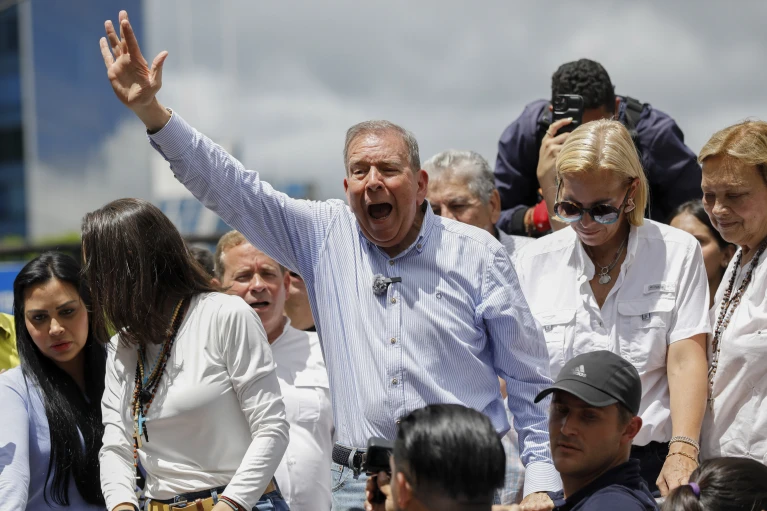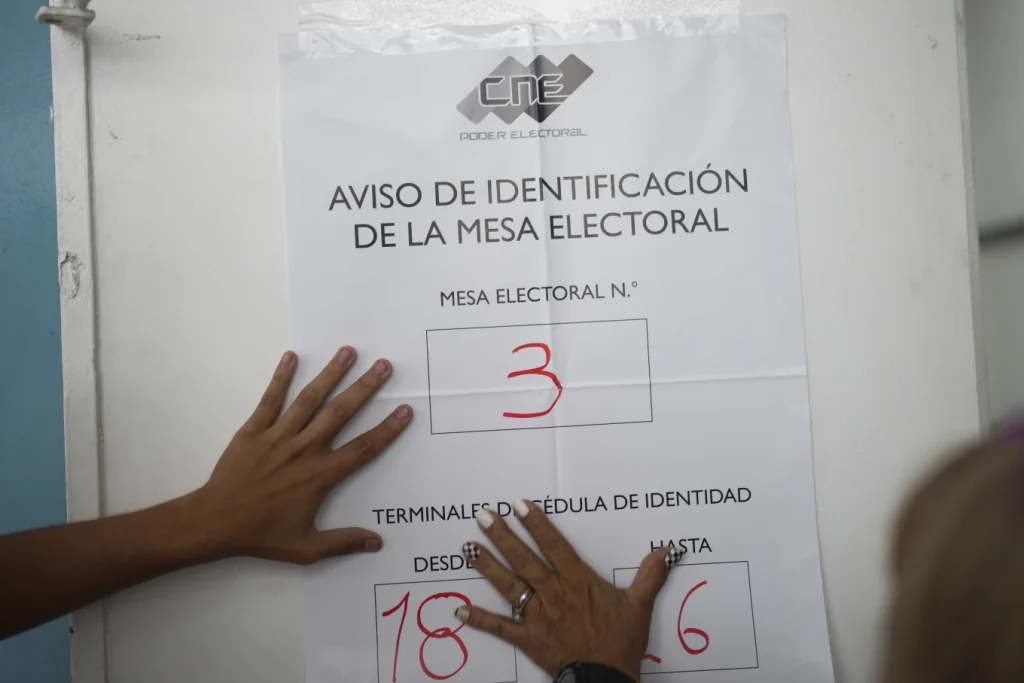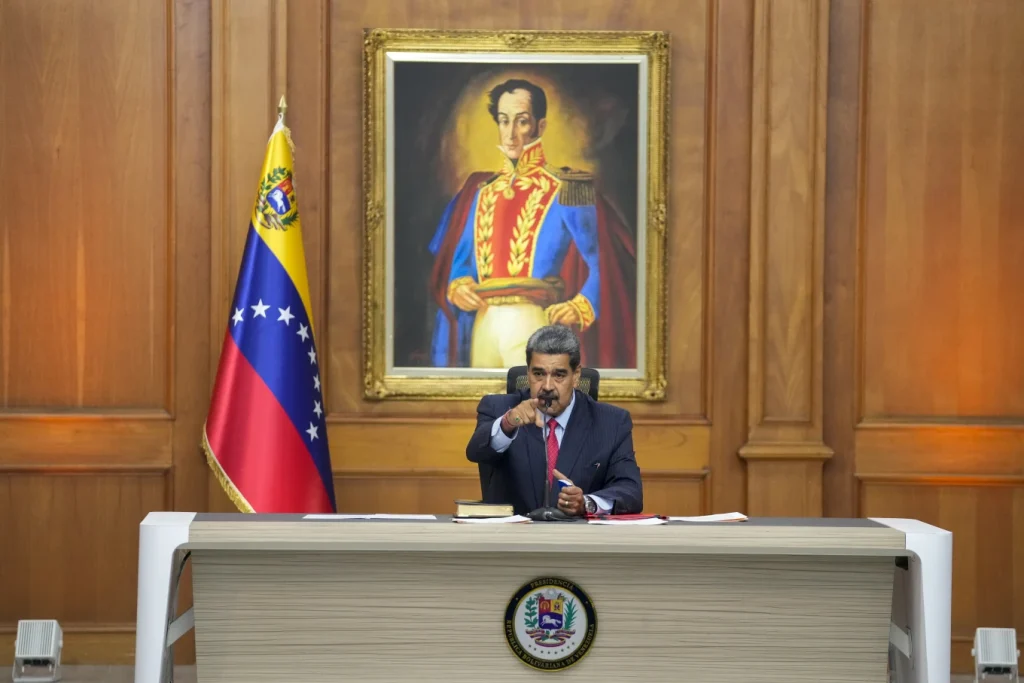The tumultuous political landscape of Venezuela has been marked by persistent allegations of electoral fraud and a lack of transparency in governance. The recent presidential election, which resulted in President Nicolás Maduro claiming victory, has rekindled these longstanding concerns.
With the opposition disputing the election results, Maduro’s request for an audit by the Supreme Tribunal of Justice—a court widely viewed as an extension of his authority—has sparked further debate regarding the integrity of Venezuela’s electoral process.
The following essay delves into the implications of Maduro’s insistence on this audit, the criticisms from various observers, and the overarching challenges confronting democratic governance in Venezuela.
At the heart of this electoral controversy lies the fundamental question of legitimacy. Maduro’s appeal to the Supreme Tribunal of Justice represents, in his view, a potential pathway to greater transparency.
“I throw myself before justice,” he proclaimed, signaling a willingness to engage with judicial processes to validate his electoral claim.
Despite this overture, skepticism abounds regarding the court’s capability to deliver an impartial review. The Tribunal is largely seen as aligned with the Maduro administration, as its justices are appointed by federal authorities and ratified by the National Assembly, which has been criticized for its overwhelming support of the ruling party.
This existing framework raises substantial doubts about the court’s independence and its ability to produce a fair audit.
The Carter Center, a prominent non-partisan organization dedicated to promoting electoral integrity and democracy, has been particularly vocal in opposing Maduro’s audit request.
Jennie K. Lincoln, who led the Carter Center’s delegation of observers, emphasized that engaging a government-appointed institution to assess governmental electoral figures is fundamentally flawed.
The delegation’s inability to verify the results and the “complete lack of transparency” surrounding the election further exacerbate concerns, underscoring the need for independent and robust mechanisms for electoral oversight.
Compounding the concerns over legitimacy is the vocal dissent from opposition leaders like Edmundo González and María Corina Machado.
They assert that they possess a substantial quantity of tally sheets generated by the electronic voting machines, which could potentially demonstrate that Maduro did not secure a legitimate victory.
The demand for the release of these tallies highlights the opposition’s determination to challenge the official narrative presented by Maduro and the electoral authorities. In the absence of transparent processes, accusations of electoral misconduct only intensify, creating an atmosphere of distrust among the electorate.
In light of these developments, it is critical to examine the broader context of Venezuela’s electoral system. Maduro has characterized the opposition’s claims as part of a “plot” against his government, alleging that cyber-attacks had compromised the electoral infrastructure.
This narrative serves to deflect criticism while simultaneously reinforcing the legitimacy of his administration in the eyes of his supporters.
Furthermore, the lack of detailed vote counts and the dismissal of calls for transparency can be interpreted as indicators of a government attempting to maintain control over the electoral narrative.
Additionally, the presentation of videos purportedly showing attacks on electoral offices adds a layer of complexity to the situation.
While these visuals aim to illustrate external threats to electoral integrity, the inability of journalists and observers to verify their authenticity raises questions about the selective dissemination of information by the government. Such actions serve to bolster Maduro’s claims of victimization while further obfuscating the true nature of the electoral outcome.
The interplay between these various elements creates a perilous environment for democratic norms within Venezuela. The erosion of electoral integrity is not merely a matter confined to the current electoral cycle; instead, it reflects a broader trend characterized by authoritarian governance and diminishing civic freedoms.
The consequences of such a trajectory extend beyond the immediate political arena, threatening the fundamental principles that underpin democratic society, such as transparency, accountability, and representation.

In conclusion, the call for an audit of the recent presidential election in Venezuela highlights critical challenges facing the nation’s political landscape.
Maduro’s request, while seemingly a step toward transparency, is fundamentally compromised by the perceived alignment of the judiciary with his administration.
The concerns raised by both opposition leaders and international observers underscore the pressing need for credible, independent oversight of the electoral process.
As Venezuela grapples with these issues, the future of its democracy hangs in the balance, requiring urgent attention from both within and beyond its borders. The path forward necessitates a commitment to restoring electoral integrity—a cornerstone of any functioning democracy.
The recent discourse surrounding the electoral process in Venezuela is laden with significant implications not only for the nation itself but for the broader geopolitical landscape in Latin America.
The earnest appeal made by Petro for the Venezuelan government to facilitate a peaceful conclusion to the electoral process, characterized by a transparent vote count and professional international supervision, resonates strongly with the call for democratic integrity that is increasingly vital in today’s political climate.
The emphasis on a transparent vote count, underpinned by the presence of all political forces and neutral observers, is a crucial step toward restoring trust in the electoral system, which has faced substantial scrutiny in recent years.
Moreover, Petro’s suggestion for an agreement between the Maduro government and the opposition, designed to honor the political force that emerges as the clear loser of the elections, speaks to a fundamental need for reconciliation and respect for democratic norms.
This proposal, aimed at being submitted to the United Nations Security Council, underscores the international community’s role in mediating electoral disputes and safeguarding democratic processes.
Such measures could pave the way for a more stable political environment in Venezuela, which has been plagued by divisions and conflict.
The comments from Presidents Lula and Biden regarding the release of comprehensive and transparent voting data highlight an emerging consensus among regional and international leaders about the necessity for clarity and accountability in electoral outcomes.
The contention surrounding the discrepancies in vote tallies further emphasizes the urgency of transparency, as reported figures by both Machado, the opposition leader, and the electoral council starkly diverge.
The Organization of American States’ inability to reach a consensus on a resolution to exert pressure on Venezuelan authorities for immediate data publication stands as a testament to the complexities of multilateral diplomacy in addressing issues of democratic governance.
This lack of consensus may hinder effective international action, thereby prolonging the uncertainty surrounding Venezuela’s political future.
As we reflect on Venezuela’s tumultuous history since Maduro took power in 2013—marked by economic decline, hyperinflation, and a devastating humanitarian crisis leading to the mass exodus of over 7.7 million residents—the imperative for a clear path toward restoring stability and governance becomes ever more critical.
The situation calls for a unified approach, one that prioritizes the welfare of the Venezuelan people above political allegiances.

In light of these discussions, Maduro’s staunch allies’ defense of his presidency, coupled with calls for the arrest of opposition figures, raises alarm bells about the potential for escalating tensions.
It is crucial that both sides exercise restraint and prioritize dialogue over divisive rhetoric to facilitate an environment conducive to peace and governance.
Ultimately, the path forward for Venezuela hinges upon a commitment to democratic principles, transparency, and a concerted effort from all political entities to pave the way for national reconciliation.
Encouraging Venezuelans to demand respect for electoral outcomes while maintaining peace resonates deeply amid these challenging times, presenting an opportunity for healing and unity within a nation that has endured far too much strife.
